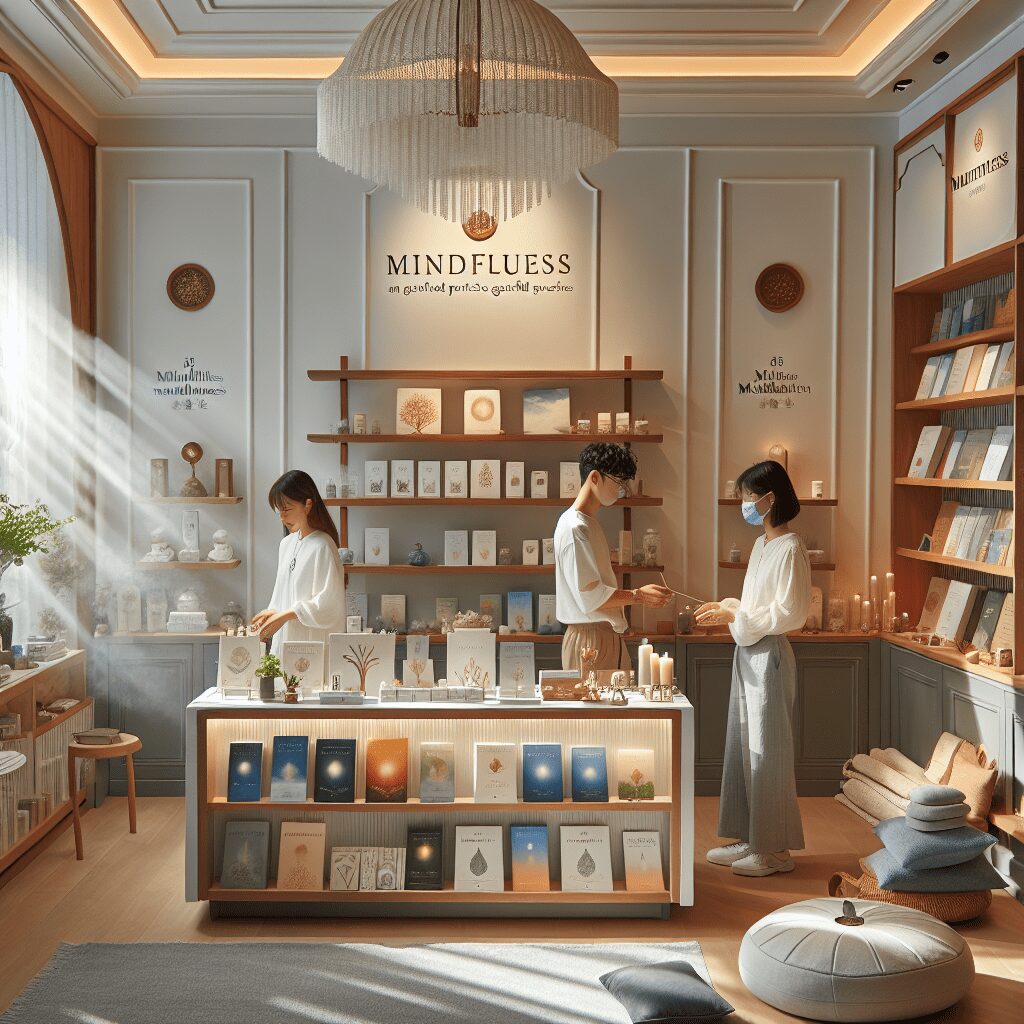
Prioritize your mental well-being daily. Enhance your life by nurturing your mental health with the Smart Meditation app. Break free from stress, alleviate anxiety, and enhance your sleep quality starting today.
Is Anxiety Neurodivergent?
Unraveling the Mysteries of Anxiety and Neurodivergence
The intricate labyrinth of the human mind often leaves us pondering deeply over its myriad complexities. Among these, the phenomena of anxiety and neurodivergence stand out as particularly intriguing subjects of discourse. But do they intersect? Is anxiety a hallmark of neurodivergence? Well, folks, let’s dive in and unpack this conundrum.
Anxiety: A Brief Overview
First off the bat, anxiety is far from a one-size-fits-all descriptor. It’s akin to an unwanted guest at a party, manifesting in countless forms and intensities, from the butterflies-in-the-stomach kind of nervousness before a big presentation to the crippling panic attacks that bolt out of the blue. Scientific tongues wag about it being our body’s natural response to stress – a survival mechanism that’s been tagging along since the days when outrunning saber-toothed tigers was on our daily to-do list.
Neurodivergence: Embracing the Brain’s Diversity
On to our next contender – neurodivergence. Now, this is where the plot thickens. Neurodivergence isn’t a specific condition but rather an umbrella term that shelters a wide range of neurological differences, such as autism spectrum disorder (ASD), attention deficit hyperactivity disorder (ADHD), dyslexia, and Tourette syndrome, among others. It’s like saying, “Hey, my brain operates on a different frequency, and that’s perfectly fine.”
The Intersection: When Anxiety Meets Neurodivergence
Is anxiety neurodivergent, then? Well, not quite. It’s more of a Venn diagram situation, where anxiety is one circle, and neurodivergence is another, and they do share some common ground. Anxiety isn’t inherently neurodivergent because neurotypical individuals (those whose brains function in ways that are considered typical by society’s standards) experience anxiety, too. It’s a universal human experience, after all.
However, here’s the kicker – individuals with neurodivergent conditions often experience anxiety at a higher rate than their neurotypical counterparts. It’s not a package deal, but it’s not uncommon either. The reasons? Well, they’re as varied as the conditions themselves. Factors could include heightened sensory sensitivities, difficulties in social interaction, and the sheer exhaustion from trying to fit into a world that’s not wired to accommodate neurodiversity.
For instance, a person with ASD might find social cues and interactions not just perplexing but genuinely distressing, fueling anxiety. Similarly, ADHD might make it hard for someone to keep their thoughts in line, leading to a cacophony of worries and what-ifs.
From Understanding to Action
Alright, now that we’ve sifted through the nitty-gritty, what’s next? Understanding this layered relationship between anxiety and neurodivergence is step one. Step two? Embarking on a journey towards tailored support and strategies that acknowledge the unique challenges faced by neurodivergent individuals with anxiety. It’s about crafting an environment where everyone gets to thrive, not just survive.
-
Personalized interventions: From therapy methods that respect neurodivergent experiences to anxiety management strategies that account for sensory sensitivities.
-
Increased awareness and acceptance: A shift in societal perceptions can reduce the stigma, making the world a tad more welcoming for neurodivergent individuals.
-
Empowerment through understanding: Knowledge is power. The more we understand, the better we can support ourselves and others in managing anxiety within the neurodivergent community.
Thus, while anxiety isn’t neurodivergent per se, the intertwining of these experiences for many cannot be overlooked. It’s a call to action – to lean in, listen, and lift each other up in our shared and divergent anxieties alike. After all, it’s the nuanced understanding of each other’s battles that paves the way towards a more inclusive and compassionate society. So, let’s keep this dialogue going, shall we?





